Check out the guidelines for those recovering from Covid-19 infection. A good diet promotes faster recovery.
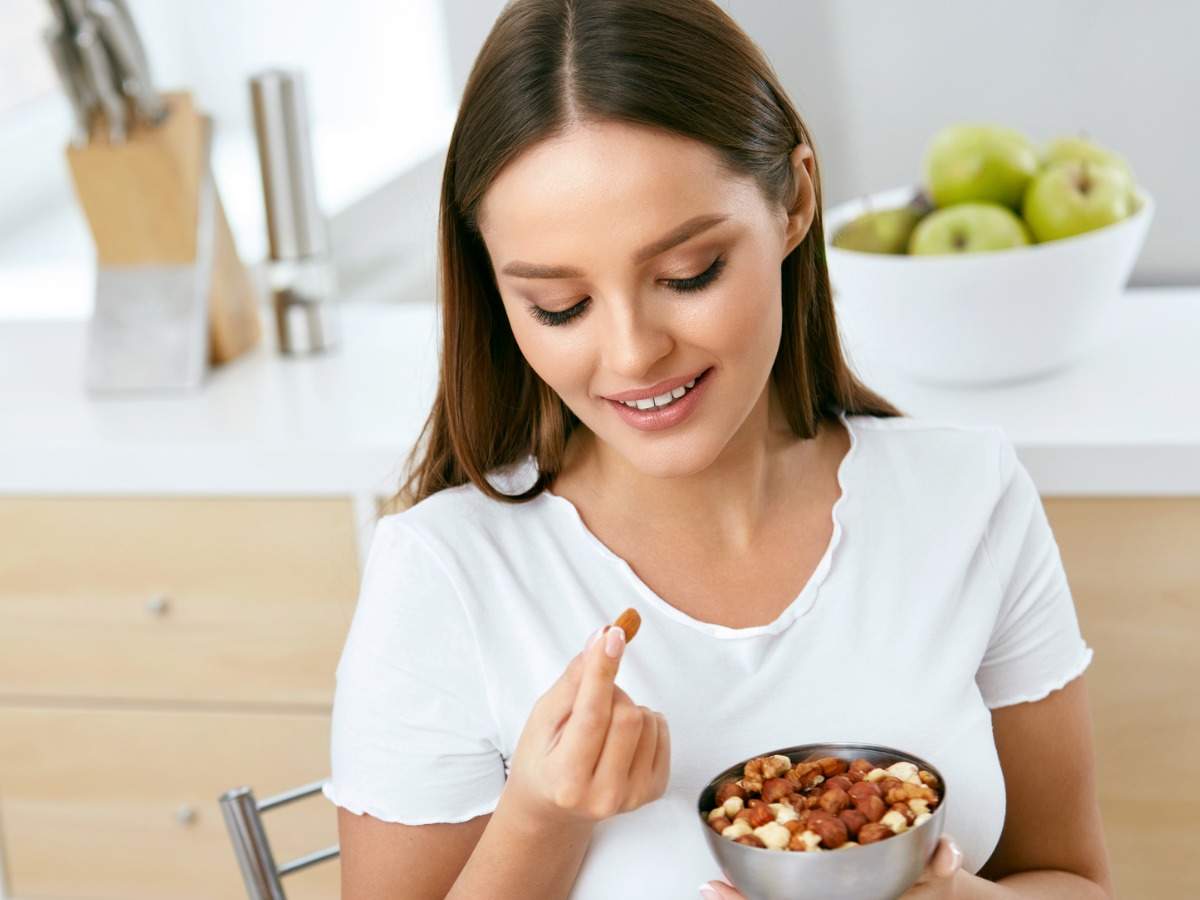
Patient & the family should know that Covid is an inflammatory condition that can have lasting effects for up to six-eight months after discharge affecting different organs, especially the liver and lungs. Recovery will be slow & steady.
Essentials to be kept in Mind for Covid 19:
- Managing other complications if any e.g.., hypertension, diabetes, kidney dysfunction, cardiac involvement.
- Digestive disturbances, loss of taste/smell.
- Take small meals at regular intervals
Key Nutrients to Track for Optimum Nutrition
Protein
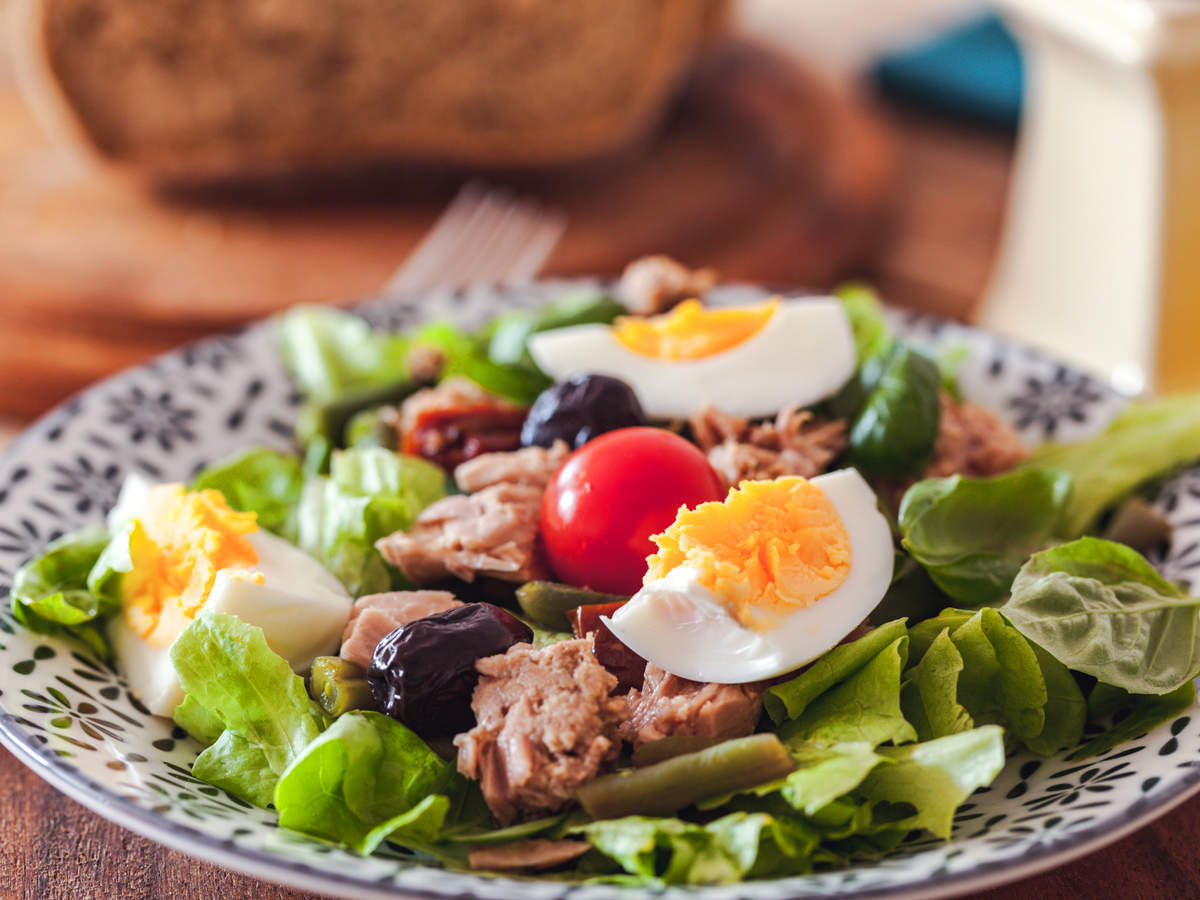
It is recommended to be at 1.2-1.3 g/kg per day; increasing the supplementation of branched-chain amino acids (BCAA) to 50 per cent, to prevent muscle loss and enhance the strength of respiratory muscles. Including pulses, legumes, peanuts, milk, yogurt, cheese, soy, eggs, fish, and chicken, will help. Protein supplement in form of powder is the ideal choice, at least for the first two-three weeks.
Fresh curd, Cottage cheese or thoroughly cooked eggs should be given depending upon meal preference and digestive function. Protein should be individually depending on the individuals nutritional status, physical activity level and digestive tolerance.
Carbohydrate
Limit intake to 100-150g per day. The usage of carbohydrates leads to the production of equal carbon dioxide (called respiratory quotient) which must be avoided to decrease respiratory distress.
If the patient is diabetic, monitor closely for episodes of glucose highs and lows and the medication needs to be adjusted. Persistent high glucose is an effect of infection and can also delay recovery. Opt for pulses, dairy, and vegetables over grains. Prefer fruits over fruit juices.
Fat
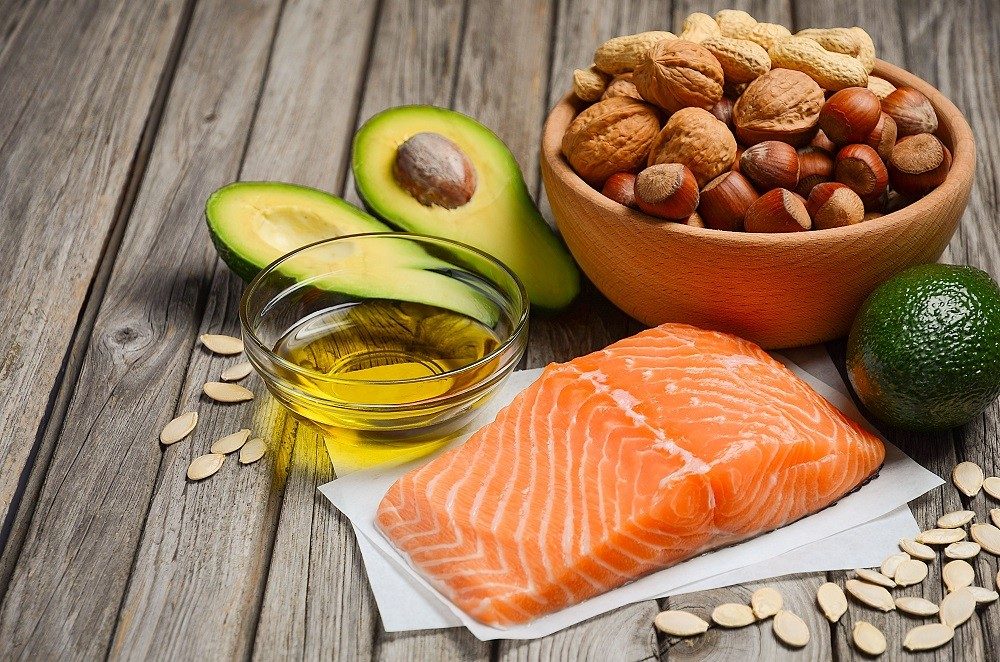
Increase of fat can be increased. Give priority to the use of medium-chain fatty acids. Also, increase the proportion of omega-3 fatty acids. They play a major role in immune responses. They reduce inflammation. Coconut oil, butter, ghee, nuts, MCT oil can be used. Olive oil, rice bran oil, groundnut oil can also be used for cooking. Try Oats-Jaggery cake with different oils & nuts in rotation.
Vitamins/minerals
Routine supplements of multivitamins and minerals should be taken with emphasis on adequate vitamin B/C/D, zinc, and selenium. Iron deficiency or anemia must be treated.
Immuno-nutrients

There are several types of immunonutrients, such as arginine and glutamine which support both the immune and the digestive system. Curcumin (found in turmeric and as capsules) helps aid recovery. A warm ‘Haldi milk’ is a great option.
Probiotics
Add yoghurt, curd intake to diet, Laassi is a good option. The alteration of healthy gut bacteria is due to the increase in gut permeability. This occurs as a result of infection as well as treatment with antibiotics.
Fluids and salts
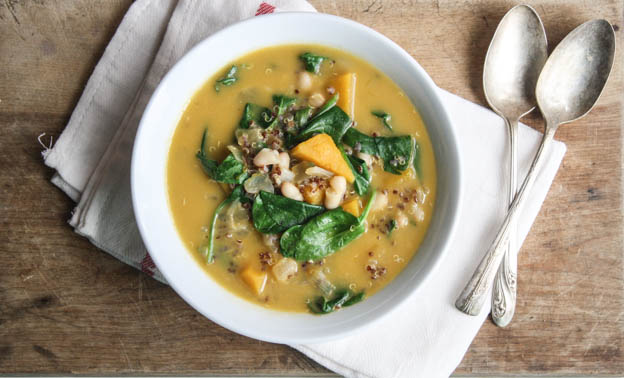
Thin buttermilk, soups, coconut water (unless there is a potassium restriction), salted lemon water and ORS can be used. For cardiac and kidney patients, the volume of fluid and sodium, along with other electrolytes might have to be restricted. Your physician will advise you on the total fluid intake for the day.
Sample Menu with Options for Recovery
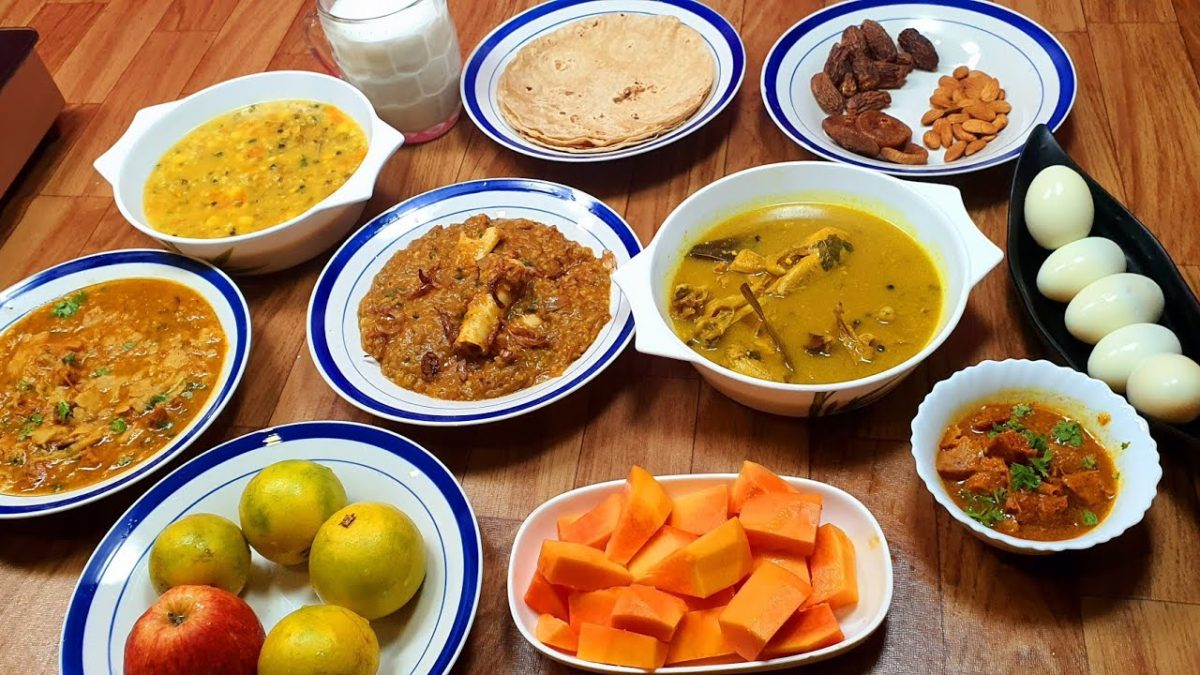
- Start the day by consuming 4-5 soaked almonds and raisins. Almonds are a rich source of protein and raisins provide a good amount of iron to the body.
- For breakfast, ragi dosa, suji uttapam, sprouted moong dal chilla with coconut chutney, oats pancake, Sooji-Egg Pancake or a bowl of porridge is a good option. It will help have a fulfilling meal in the morning. On the other hand non-vegetarians can include all of these along with lean meat like eggs, chicken, fish in their diet.
- For mid-day meal– fruit & Vegetable salad like orange, lemon, sweet lime, kiwi, steamed broccoli, bell peppers, tomato, cucumber as they are rich in vitamin C and water content. Add nuts, and seeds in your diet like white sesame seeds, pumpkin seeds, melon seeds, chironji.
- Lunch can include pulses like chickpea, beans, peas, legumes, peanuts, milk, yogurt, cheese, soybean balanced with brown rice, cooked green vegetables, curd and chappati. Jaggery and ghee are recommended during or post lunch. You can have this nutritious combination along with roti. The two are said to help to recover faster.
- In-between Meal: Healthy vegetable, pulses or bean Soups. Prepare home made chivada snack with peanuts & chana for munching when hunger attacks. Keep tea & coffee to minimum.
- For dinner, it is advisable to skip heavy meals. Instead, have a simple khichdi cooked with light seasonal vegetable. It includes all the essential nutrients and is also light on the gut. Apart from the many advantages of it, it is said to have a good sleep.
- Most important of all, it is very important to stay hydrated. Apart from water, one must include homemade lime juice and buttermilk in their routine. It will not help you keep your body fresh but wash out toxins from the body.
Note: Nutritional recommendations will depend on physical activity and disease-related symptoms, such as Diabetes Mellitus and kidney failure. In this case consult your doctor.
For more:
Disclaimer
The Content is not intended to be a substitute for professional medical advice, diagnosis, or treatment. Always seek the advice of your physician or other qualified health provider with any questions you may have regarding a medical condition.
